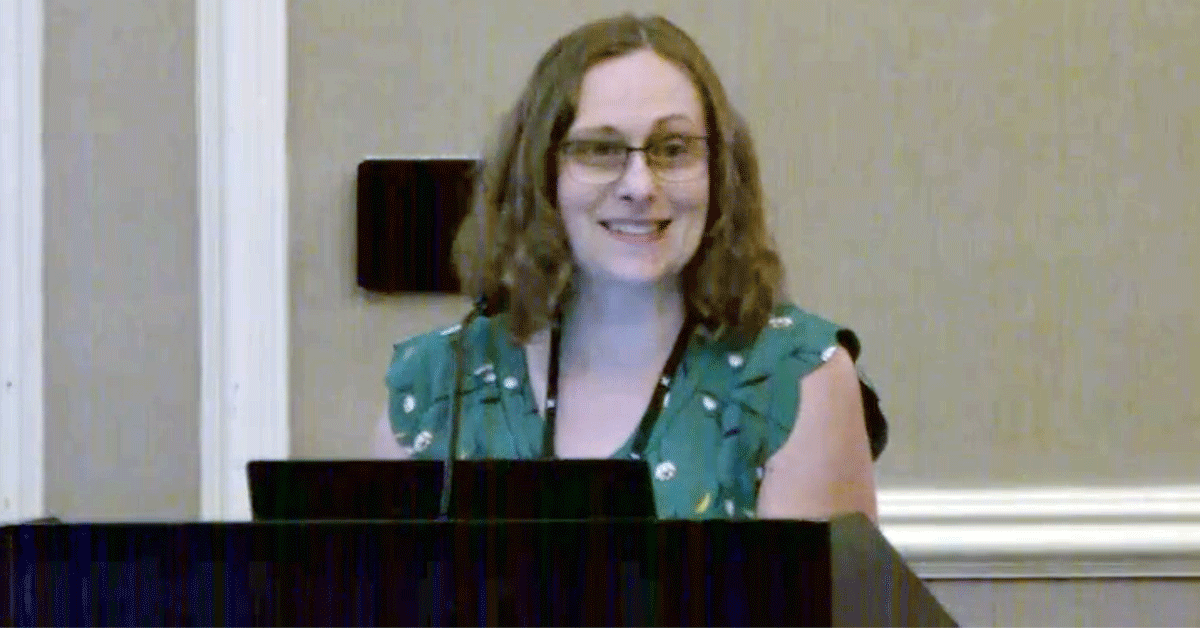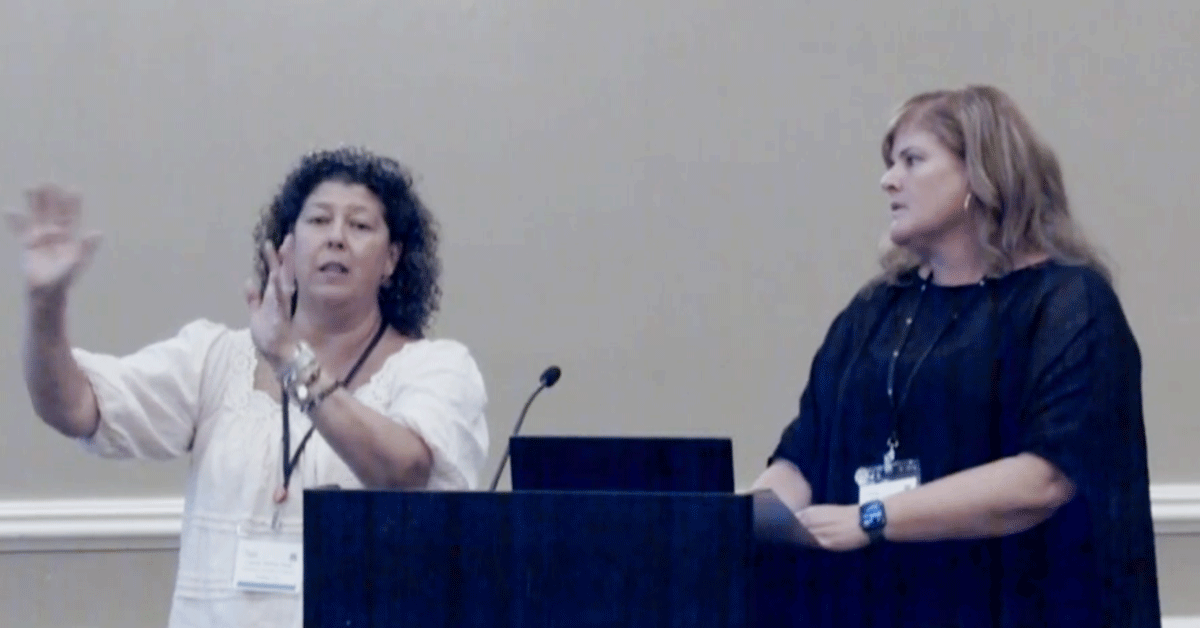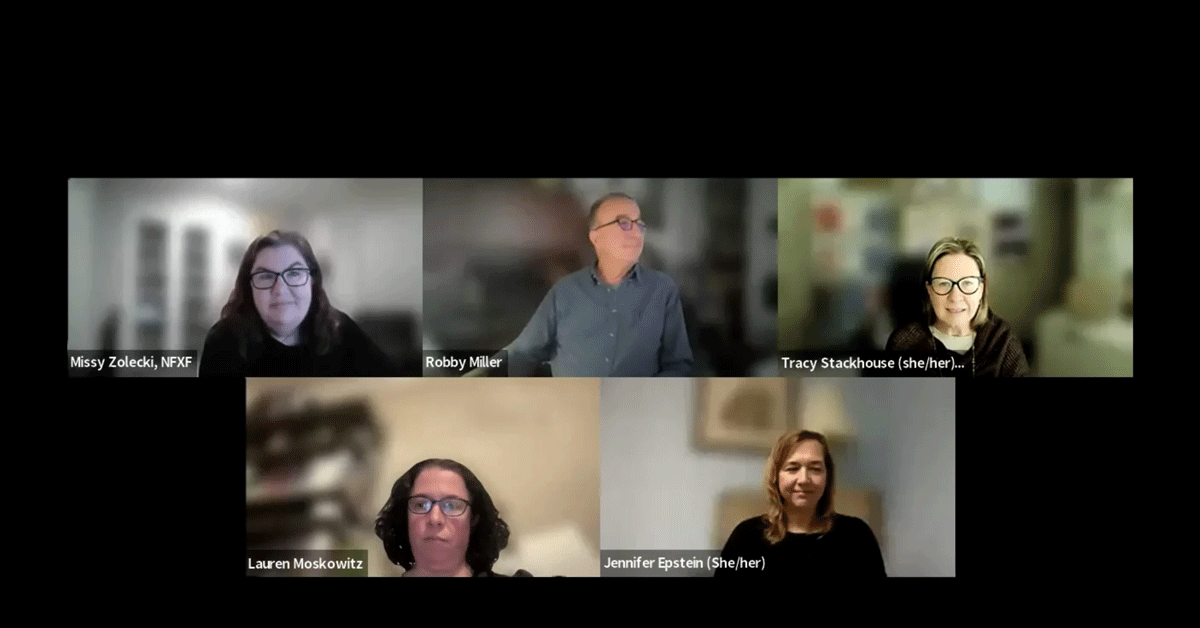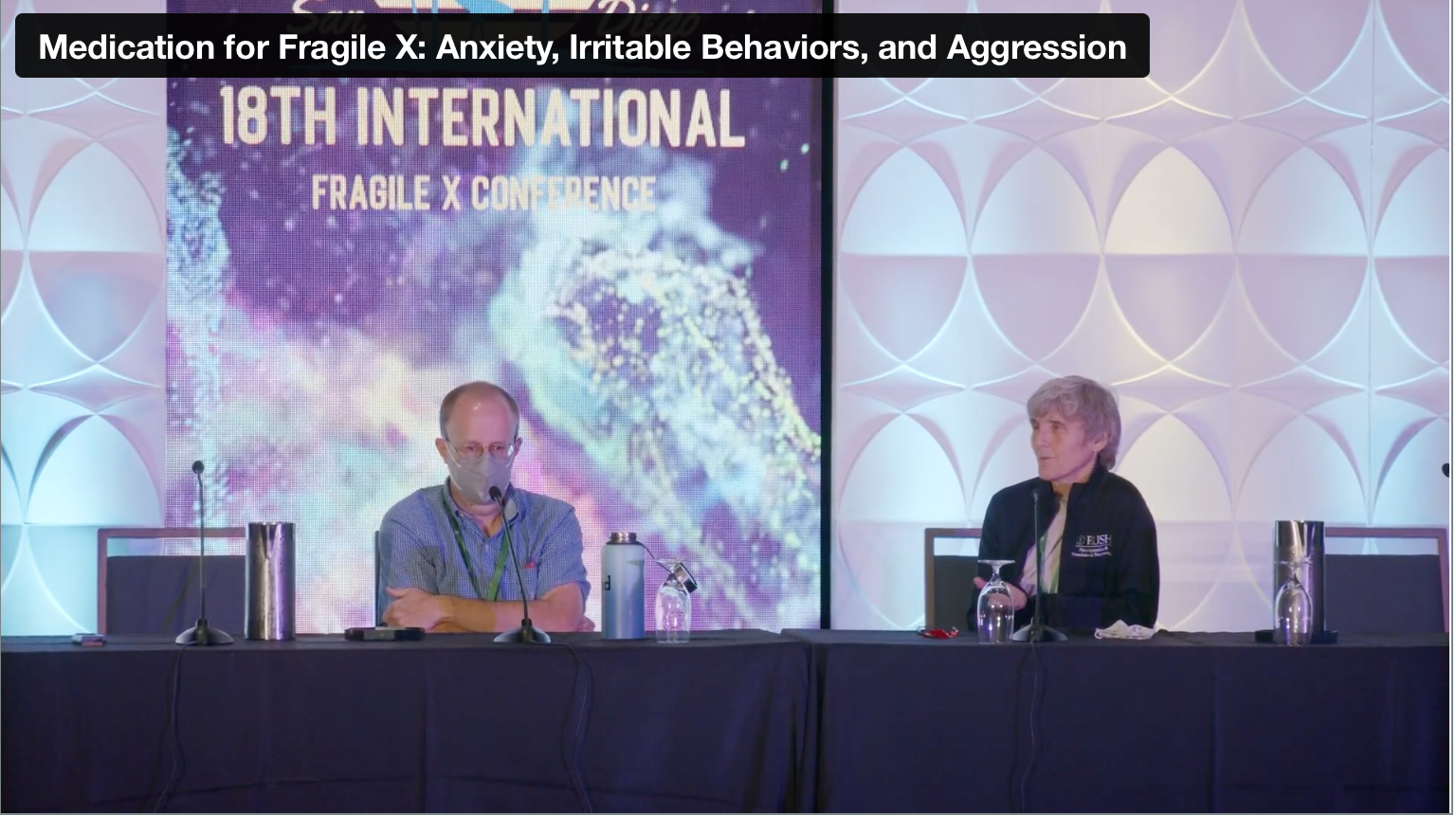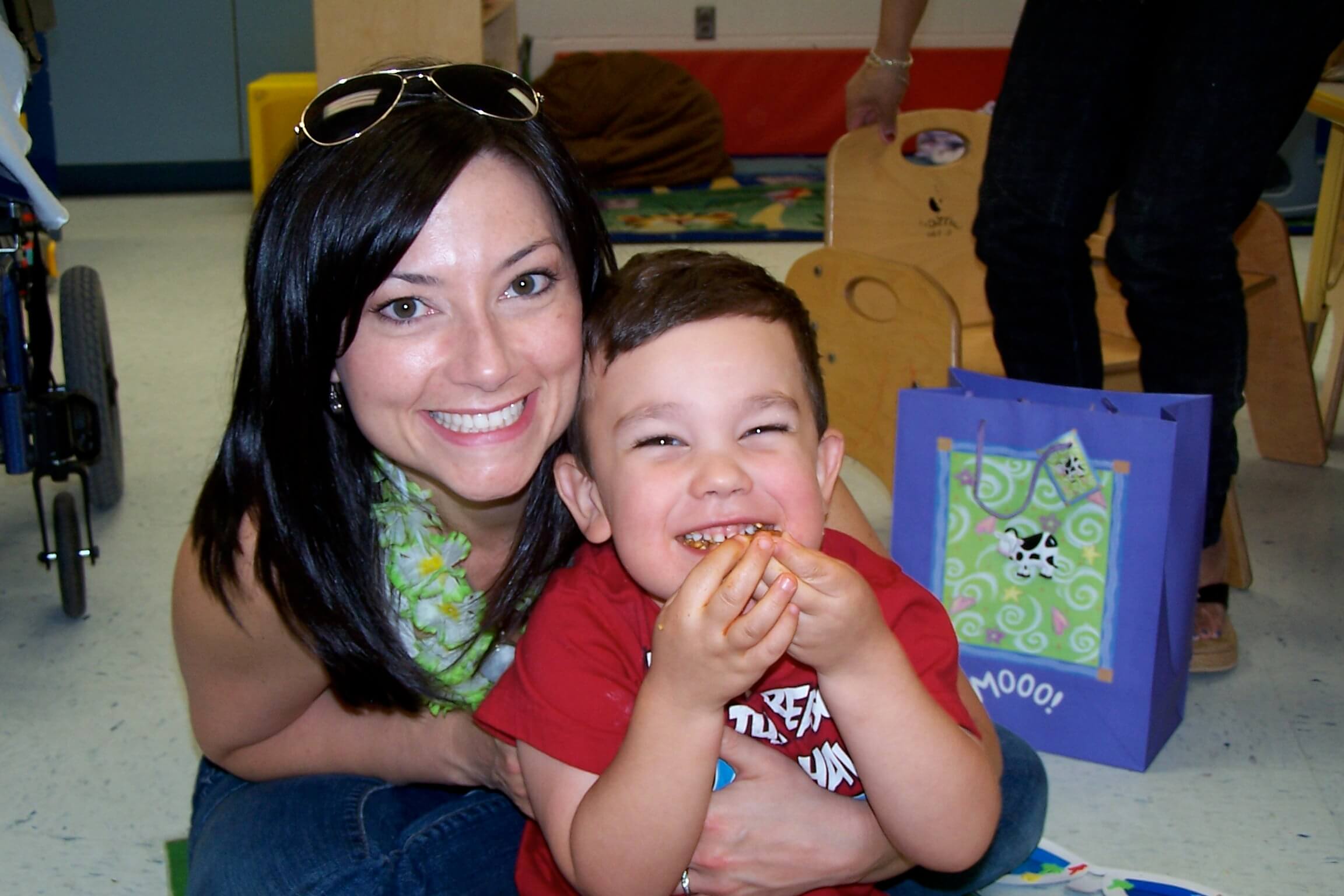La Dra. Bibiana Restrepo, un pediatra del desarrollo conductual certificado por la junta de la Universidad de California y el Instituto MIND, se reúne con Johana Latorre, Lorena Reisenauer, Luz Elena Paez y Paula Bahlcke en una discusión sobre las características conductuales en el SXF.
Rebecca Shaffer leads two presentations about how to stay calm and manage intense emotions. The first is for self-advocates, and the second is for caregivers of individuals with Fragile X syndrome.
This family-friendly introductory session unpacks the complexities of assistive technology from early childhood to special education IEPs through to adulthood. Families will learn about no-to-high-tech assistive technology with examples and how it works.
Insights from different perspectives and exploring the role that parents and caregivers could play in preventing these behaviors, reducing their intensity, or, unintentionally, contributing to them.
Introducing new content to help understand the possible causes of aggressive behavior plus recommendations for how to respond during and following an aggressive incident.
Our panel of experts, Rebecca Shaffer, Lauren Schmitt, Tracy Murnan Stackhouse, Elizabeth M. Berry-Kravis, and Randi J. Hagerman, discuss behavior.
This session will cover currently available supportive medications for treating anxiety, irritability, and agitated and aggressive behaviors that can be problematic in Fragile X syndrome. Medication classes and specific medications within each class will be described.
Our distinguished presenters discuss currently available supportive medications for treating anxiety and irritable, agitated, and aggressive behaviors in Fragile X syndrome.
These strategies are based on the fundamental principles of time-out, while incorporating adaptations that address the fact that children with Fragile X syndrome have language and attention difficulties that are best accommodated through additional considerations for repetition, consistency, and predictability.
Behavioral outbursts and aggression are critical incidents in the home or the community. For biological mothers of children with FXS who carry the premutation gene, there is the added predisposition to anxiety, as well as other emotional concerns, which can amplify their response to these critical incidents.
Why would hearing “Happy Birthday” provoke such a strong reaction? The answer is really quite simple. Children with FXS tend to find it very uncomfortable being the center of attention.




